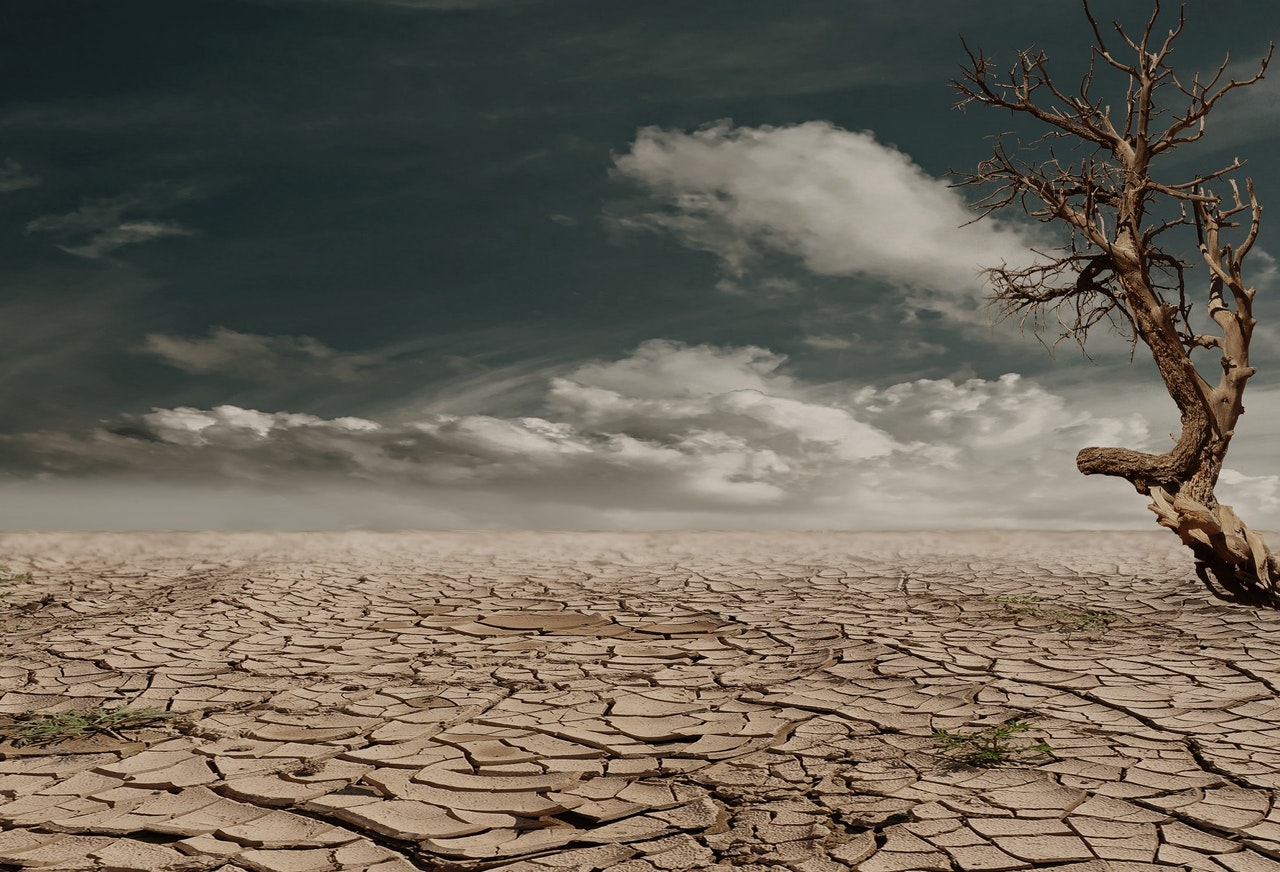

The conversations on the environment in the vast media space in Africa have far too much insisted on the compost cliche of climate change, sometimes considered the most timely political gimmick of the century by conservatives. Think about it, playing the hero in a forest sale saga in Africa would land you a seat in parliament more effortlessly than Greta Thunberg's canoe to fame.
Our stories have focused on land disputes in forest reserves, human settlements encroaching on game parkland, the government dealing out portions of forest land for foreign investment and several other politically charged narratives. We have kept telling people to protect the environment without showing them the need to do so. And as such, the century's most favourite gospel soon fell out of fashion. Meanwhile, other continents seem to have easily hopped onto the climate change action trend with great ease. But why Africa?
Africa is different. Africa is a shapeshifter- wearing and changing faces as often as one wears makeup. Africa is full of questions, hungry for answers and desperate as a people. She keeps a big herd of unemployed youths, provides shelter to diseased men and women, malnourished children huddled against walls stained with blood. And above all, she has endured sick governance under cosmetic democracy.
On the contrary, Africa is a climate haven. It is gifted with unique features and beautiful weather. Talk of the great Kilimanjaro, the plains of the Serengeti, the mighty river Nile, Zambezi waters name it. Besides, there's also its huge wildlife variety of species exclusively limited to the continent (literally). Animals like the white rhinos, buffaloes, leopards, lions have made us one of the biggest tourist destinations. With this vast untapped resource, tourism in Africa would be the biggest foreign exchange earner, and a large portion of annual budgetary expenditures would be invested in the conservation of the environment. Unfortunately, the reverse is a more relatable experience in Africa.
It is absurd that the wild game in many reserves and parks have been relegated to jungle fugitives. The government policies have failed to balance the priorities to buffer the threats facing endangered species and landmark wildlife habitats. The relationships within the ecosystem have also remained strained under the burden of divergent interests.
Perhaps Africa does not realise the need to conserve because she has been endowed with such abundance. What is the objective of conservation after all? To preserve scarce resources for sustainable utilization in the future. Consequently, there is hardly any incentive to conserve. Besides, we are preoccupied with seemingly more urgent socio-economic problems like poverty, healthcare, unemployment and several others to which conservation has not been proven more pressing.
The African approach for many years has been to fence off gazetted areas for game parks, erect a few safari lodges here and there, pass a barely implemented law, then keep it stuck in the legislative traffic and, of course, leave the rest to God. Simply African! It has taken us long to begin thinking of the wildlife economy as a potential business enterprise. We have been reluctant to realize the scarcity of the natural beauty we have been blessed with and instead cross our legs and wait for the outside world to develop the sector on our behalf. It has become a ritual, an impressive manifesto subtitle clichèd with the same tasteless protein of promise.
I think it's high time we moved on. It is time for Africa to earmark conservation as a brainchild and develop its art of managing it. This is our opportunity to tell the story from the diversity of experiences created here and celebrate the evolution of attitudes and fusion of cultures. We need to forge mutually beneficial relationships with our environment and foster community partnerships to break through. The jungle as well needs democracy.
There's been no time in history as urgently crucial for Africa as now to steer its agenda, broadcast its aspirations and get its natural capital prowess into the world market. This is when we should emerge from the sluggish-paced development to faster, inclusive and groundbreaking achievements. With such deliberate practices, this century and the entire future will forever belong to Africa!
Patrick Karekezi is a Global Challenges student at the African Leadership University
The views expressed in this article are of the author.


